Post
A catch
Save a catch to start your fishing logbook. You will be able to to share it with the community if yo want!
A fishing trip
Post an ad to go fishing with other fishermen
Save a catch to start your fishing logbook. You will be able to to share it with the community if yo want!
Post an ad to go fishing with other fishermen
Share a thought, a question with the community
My favorite cities
×Keep your rods ready for Duncanville in Tuscaloosa. The fishing forecast is currently 5.1. The most caught fishes here are the apache trout, the bull trout, the lake herring and the blueback herring. Come try the most famous fishing techniques like the big game fishing, how to catch smelt with square net?, boat fishing for eel or fishing for sea bass while surfcasting.
Our fishing forecast of Duncanville indicates the best time to go fishing in this city.
The Apache trout
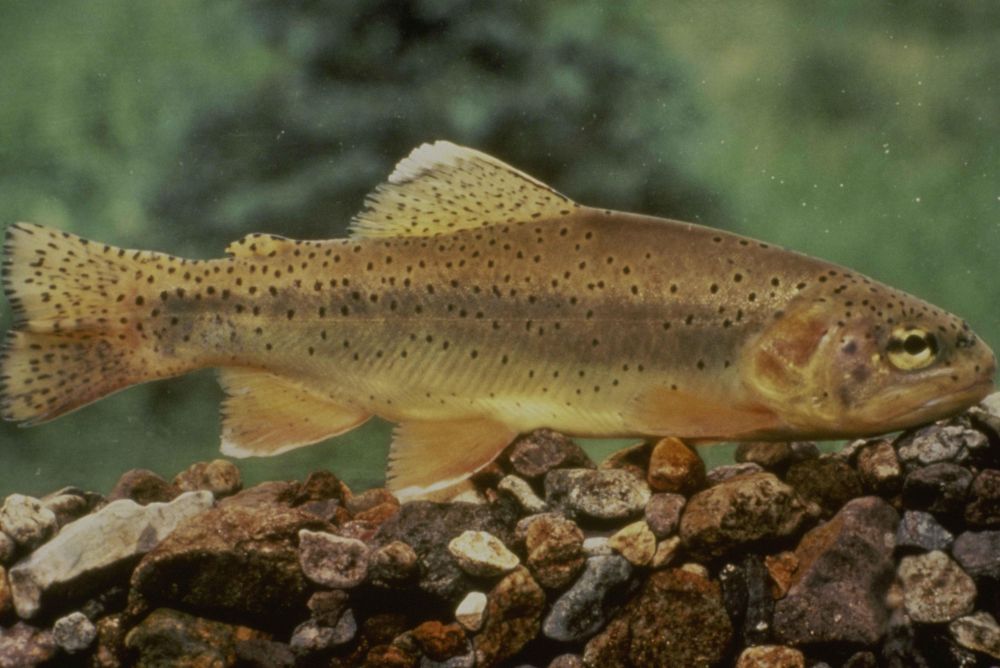
The Apache trout belongs to the Salmonidae family. The Apache trout is 15 to 61 cm long and weighs 0.2 to 2.7 kg. It rarely exceeds 25 cm but can reach up to 40 cm in its natural headwaters. It breeds from May to June. Fishing for Apache trout is prohibited all year round. Apache trout are yellowish gold in color with a golden belly and have medium sized dark spots, uniformly spaced, which can extend below the lateral line and over the dorsal fins and tail. The top of the head and back are dark olive in color, and it appears to have a black stripe/mask through each of its eyes, thanks to two small black dots on each side of the pupil. There may be a throat mark under the lower jaw, ranging from yellow to gold.
The Apache trout is a famous fish you can catch in Duncanville.The Bull trout
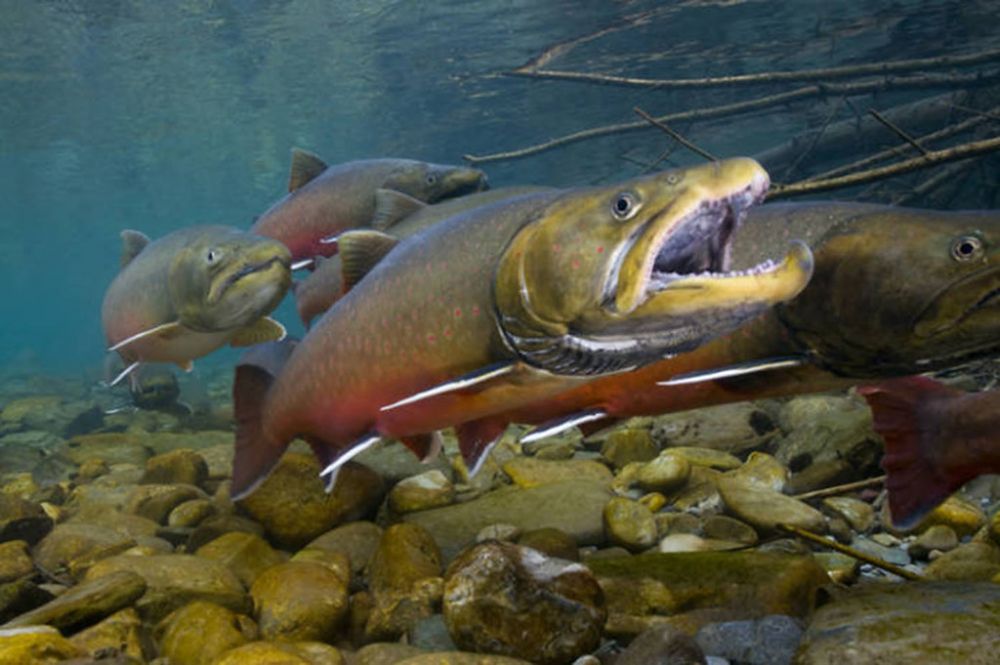
The Bull trout belongs to the Salmonidae family. It can measure up to 103 cm long and weigh up to 14.5 kg. It can live for a dozen years. It breeds from July to December. It can be fished from June to February. Like other arctic char species, the fins of a bull trout have white leading edges. Its head and mouth are exceptionally large for salmonidae, which gave it its name. Bull trout up to 103 cm long and weighing 14.5 kg have been recorded. Bull trout can be migratory, moving through major river systems, lakes and the ocean, or they can be resident and remain in the same river all their lives. Migratory bull trout is generally much larger than resident bull trout, which rarely exceeds 2 kg. Bull trout differs from brook trout (S. fontinalis) in the absence of distinct spots on the dorsal fin, as well as yellow, orange or salmon spots on the back, as opposed to red spots with blue halos on the trout stream. Bull trout do not have the deep-dug caudal fin of lake trout (S. namaycush, another Arctic char).
The Bull trout is a famous fish you can catch in Duncanville.The Lake Herring
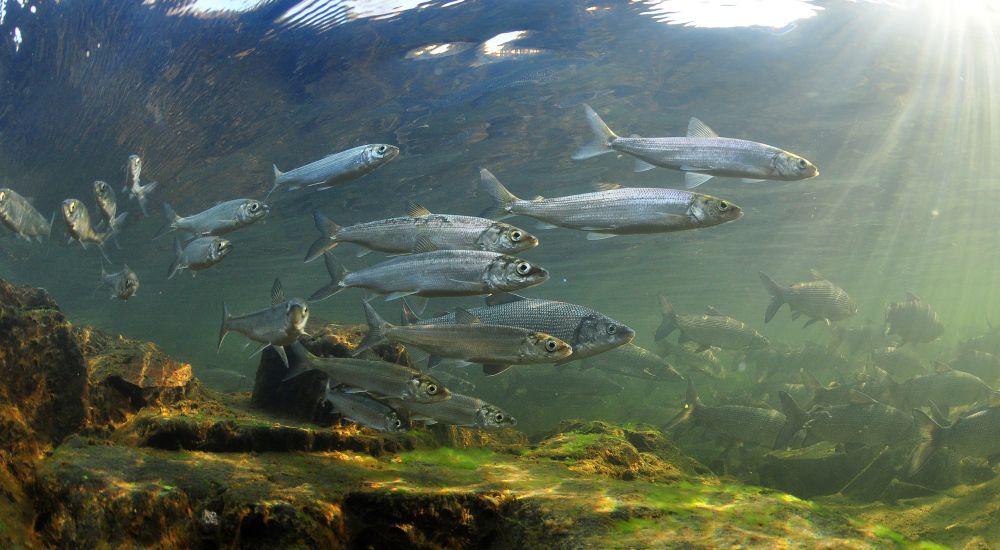
The Lake herring belongs to the Salmonidae family. This species sometimes grows up to 40 cm and 2.3 kg, but generally measures between 28 and 38 cm long and 170 to 907 grams. It can live from 6 to 10 years. It breeds from fall to early winter. It is fished in summer. Also called ciscos, they have a slim and elongated body that reaches an average length of 30 cm. Their body color is silvery with a pink or purple iridescence on the sides, with a blue, green or dark brown to lighter. Their underside is white, while their dorsal and caudal fins may be dark in color.
The Lake Herring is a famous fish you can catch in Duncanville.The Blueback herring
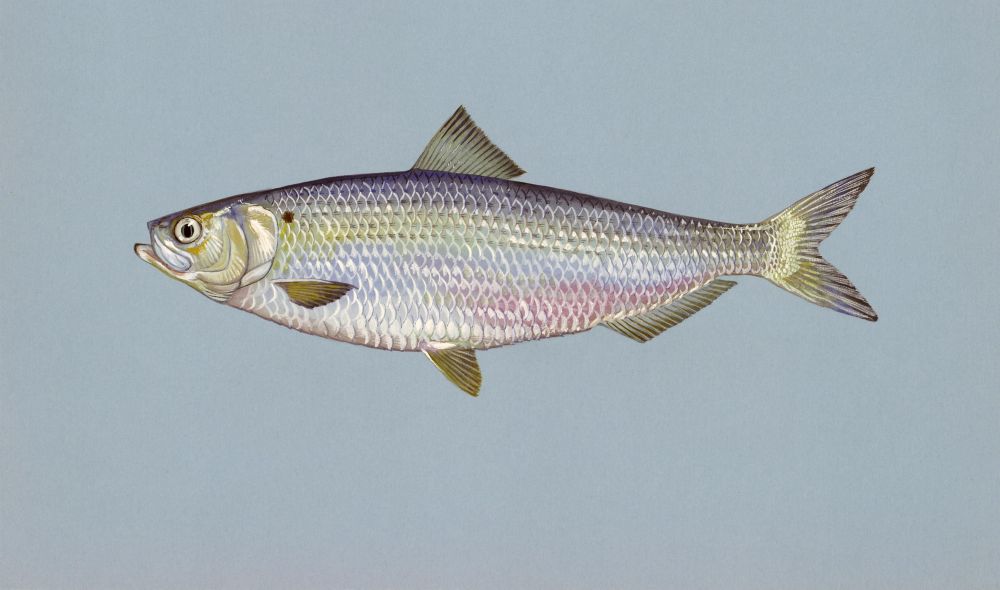
The Blueback Herring belongs to the Clupeidae Family. They reach a maximum size of about 40 centimeters and are assumed to live up to 8 years. They spawn from mid-March to the end of May. The Blueback herring can be fished all year round. These fish are silvery in color, have a series of scutes along their bellies and are characterized by a deep blue-green back. What distinguish this fish the most from other species is the black to dark color of its peritoneum (the mucous membrane of the abdominal cavity). It is one of the "distinctive" North American shads. They are often confused with alewives because it is difficult to differentiate between blue shad and alewife and, together, these two species are often considered collectively as "river herring". Female have larger eyes, greater body depth and a pearl to peritoneal white lining.
The Blueback herring is a famous fish you can catch in Duncanville.The Brook Trout
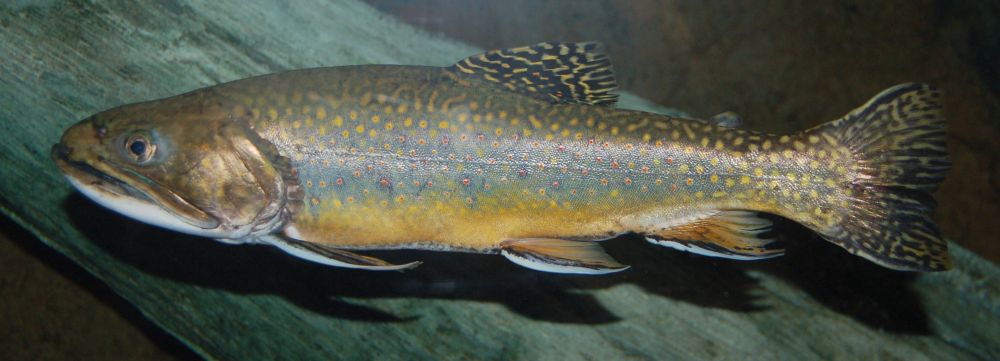
The Brook Trout belongs to the Salmonidae family. The average size of the brook trout is 50 cm and the weight only exceptionally exceeds 7 kg. It has a longevity of 5 years. It reproduces in autumn. It is fished from April to September. Its body is fusiform, laterally compressed, and slender. Its general shape is reminiscent of trout, although a little more massive. The body is arched at the dorsal fin. It has a small but stocky head with a widely split mouth, including teeth on the jaws, tongue and palate. On the body, the scales are small and thin. The Brook trout have two dorsal fins, one of which is characteristic of Salmonids. The color is distributed differently over the body: the back is rather dark brown, with lighter mottling and covered with a network of very close yellow spots. The sides have a beautiful light brown color, sometimes olive green. They also have yellow spots, less tightened. Round and red spots can also be seen on the sides. The color of the belly varies from white to pink, but can be pale yellow to dark red. It all depends on the environment in which it operates. Populations living near the bottom are paler than those living in open water, rather colorful. In males, the livery becomes bright orange during the breeding season. Finally, the pectoral, pelvic and anal fins are bordered by a white border, specific to the genus Salvelinus, highlighted here by a black band.
The Brook Trout is a famous fish you can catch in Duncanville.Our fishing forecast of Duncanville indicates the best time to go fishing in this city.
Our fishing forecast of Duncanville indicates the best time to go fishing in this city.
Our fishing forecast of Duncanville indicates the best time to go fishing in this city.
